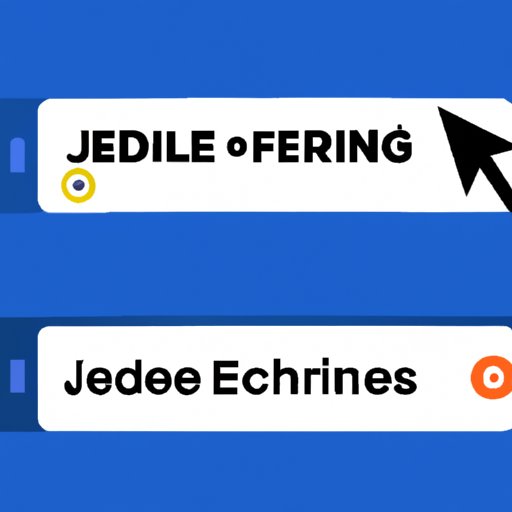
How Does Indeed Make Money?
Indeed is the world’s largest job search engine, with an extensive database of job openings from thousands of companies worldwide. Founded in 2004, Indeed solves the problem of job search for job seekers by providing an easy-to-use platform that aggregates job listings from all over the web.
But how does Indeed make money? This remains a question for many. In this article, we will explore Indeed’s revenue sources and how they make money.
Job Postings
Employers are charged to post job openings on Indeed. These fees are Indeed’s primary sources of revenue. However, the fees are only charged when job seekers click on the job listing. There are several charging packages available, depending on the employer’s needs and budget.
Charging packages include sponsored job postings, pay-per-click advertising, resume database access, subscriptions services, and data licensing. The following sections will discuss each of these revenue sources in detail.
Sponsored Job Postings
Indeed’s sponsored job postings guarantee maximum visibility for employers’ job listings. These job listings appear at the top of job search results and have an “sponsored” label. Employers can pay to boost their job openings by a specified amount to ensure their job openings appear at the top of the search query.
Sponsored job postings come with a cost-per-click (CPC) model, meaning employers are charged for every click on the sponsored job posting. However, the cost varies based on the keywords used and geographic location.
Pay-Per-Click Advertising
Indeed generates revenue through pay-per-click (PPC) advertising. Employers can advertise their brand or specific job openings on Indeed’s platform, targeting job seekers who have shown interest in a role similar to what they are offering.
This type of advertising uses a PPC model, where employers are charged for every click on their ad. The cost of each click depends on the competition around the keywords used and the targeted geographic location.
Resume Database Access
Indeed’s resume database allows employers to access and search for potential candidates for their job openings. Employers can use specific filters to refine their search and find the right candidates. Additionally, employers can see a candidate’s full resume and even contact the candidate directly through Indeed’s platform.
This service comes with a subscription option that allows employers to save resumes, receive email alerts when new resumes match their search criteria, and track which candidates they have already contacted. The subscription options vary based on the number of resumes you want to save and the number of recruiters who need access to them.
Subscription Services
Indeed offers subscription services that give employers access to advanced analytics and applicant tracking systems. These tools help employers measure the effectiveness of their job postings and track the recruitment process from start to finish.
Employers can track the number of applicants, filter applicants based on specific criteria, and evaluate performance across different job postings. These services come with various subscription options, depending on the employer’s needs and budget.
Data Licensing
Indeed’s job market data can be licensed by third-party companies for research, business intelligence, recruitment analytics, and more. Indeed’s data includes job postings, salary insights, hiring trends, and job seeker behavior insights, among others.
Third-party companies can integrate Indeed’s data into their platforms to provide better insights to their clients, or they can create reports and analyses based on Indeed’s data. However, these licensing fees vary depending on the scope of use and the quantity of data.
Acquisition
Recruit Holdings, a Japanese human resources firm, acquired Indeed in 2012 for an estimated $1 billion. The acquisition has allowed Indeed to expand globally and focus on innovative solutions to improve the job search process.
According to Recruit’s earnings report, Indeed has contributed significantly to the company’s overall earnings, making it one of their most profitable subsidiaries.
Conclusion
Indeed makes money primarily through charging fees for job postings. They also offer various products and services, including sponsored job postings, pay-per-click advertising, resume database access, subscription services, and data licensing that generate revenue.
Indeed’s acquisition by Recruit Holdings has been beneficial in expanding their global footprint and innovative solutions. As the world’s largest job search engine, Indeed is continuing to provide job seekers with an easy, user-friendly platform and bring top talent to employers.




